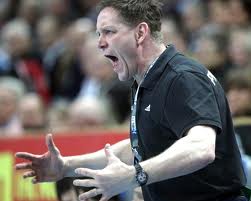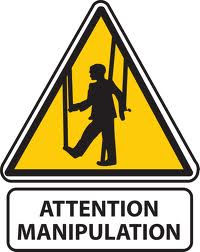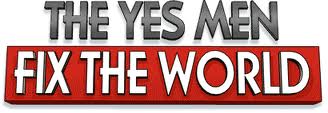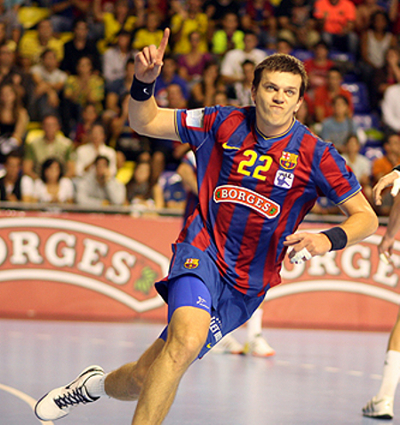The coincidence last weekend of the Champions League final in football/soccer and the Final Four in handball offered the opportunity for some interesting comparisons. So does the nasty action surrounding the FIFA Congress earlier this week, following soon after the IHF Congress which also had its controversies. For me personally, it is natural to make these comparisons, because there is 25 years of football refereeing in my background, and I keep following at least a couple of games per week on TV during the European season. I will start today with the more pleasant side, the games.
John Ryan and I commented a bit on the Final Four in a podcast some days ago. The match-ups were intriguing, given the strong German-Spanish rivalry in recent years. Both semi-finals were very tense and tough battles, and the rivalry is likely to have had something to do with that. Even if both matches were more or less decided some time before the final whistle, they were really hard-fought. But they also offered a lot of spectacular technical and tactical moves. There were some great goals scored, but the performances of the goalkeepers were perhaps even more special.
Then perhaps the fact that the final was played in Germany between two Spanish teams, who know each other so well and are the two totally outstanding teams in their league, made for an atmosphere that contained less drama. But going back to the two semi-finals, what really stands out are the pace and the constant action. There was really never a dull moment, and there were plenty of exciting one-on-one situations. But the nature of handball also contributes: fast and furious attacking on one side and then, without time to catch one’s breathe, something equally dramatic on the other side. Handball really is, literally speaking, goal-oriented.
Clearly there were also many reasons to admire the skills displayed, especially by the Barcelona team, in the football final. Media headlines spoke of ‘the best final ever’ or ‘the best team ever’ and the losing coach stated that his team had never before been so outclassed. But then it should be emphasized that the style that made Barcelona so dominant was one of ball control. When the score was 0-0 and 1-1 early in the game, it was noted that Barcelona had had the ball more than 70% of the time and that they had delivered more than twice as many successful passes as the opponents. Impressive, yes, but exciting or dramatic, no! What made the game exciting were instead some of the goals scored, as they showed touches of absolute brilliance. But those are still brief moments in a 90-minute game.
Of course I will now be accused of speaking too much like an American, who supposedly cannot see anything exciting in aspects other than the goals scored (although I would argue that there exists a slow and boring super-American game that is popular despite its infrequent scoring; no, I will not mention its name…). And yes, someone has labeled football ‘the chess of the green field’, which suggests that there are a lot of moves that deserve to be watched and admired without having anything to do with goal-scoring. Nevertheless, not even a Barcelona team can keep your attention as constantly and intensively in football, as they or one of their rivals can easily do in handball.
So what is then the point I am trying to make? Well, I know that I can never expect to convert a true football fan into thinking that handball is more exciting, just as the opposite also holds true. But from an American standpoint, where I am pleasantly surprised to see how huge football is at the youth level and how nicely the Major League Soccer is thriving, it should really carry a message. If Americans can become so interested in football, how is it then that a sport that seems so much more suited for American tastes and preferences is finding it so difficult to penetrate and become established? And what can we do to make sure that handball, with its intensity, constant action and goal-scoring, becomes the real ‘eye-opener’ that it deserves to be??
















